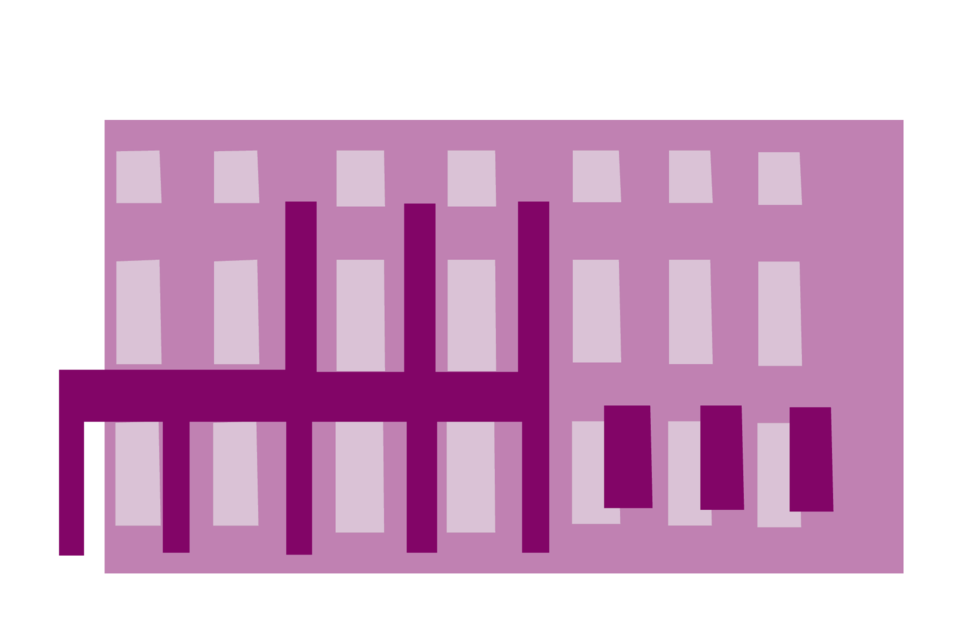Universities have public education and research obligations. Ideally, they are open to diverse perspectives and look at the society as a whole. But higher education institutions still produce and reproduce various forms of injustice and discrimination, such as racism, sexism, classism, or ableism. This is partly due to structural circumstances and partly occurs unintentionally. People working in academia are mostly white, male, and often have academic backgrounds. They shape the knowledge that is considered important and is taught. This can lead to other perspectives and relevant knowledge not being sufficiently taken into account.
Our goal is to support those having experienced discrimination and work to reduce discrimination. We want to look more closely and listen to those affected by discrimination. We consider our anti-discrimination work as long-term and self-critical learning process about societal discrimination and privileges. We want to promote a learning and studying environment that questions discriminatory knowledge, encourages people to be critical of discrimination and provides space for many different perspectives.
What is discrimination?
Discrimination is the disadvantageous or unequal treatment of persons or groups on the basis of actual or ascribed characteristics – for example gender and gender identity, ethnic background, age, disabilities or religious affiliation. At higher education institutions, characteristics such as social background, social status, chronic illnesses or the family status are also relevant.
People are often affected by different forms of discrimination at the same time, which is referred to as intersectionality or multiple discrimination. These can influence and reinforce each other.
Our anti-discrimination work aims to reduce structural and institutional discrimination and to develop structures for dealing with and addressing cases of discrimination. The university constantly takes a critical look at its own structures and regulations to effectively counter exclusion and discrimination.
The university offers its members comprehensive and qualified support in cases of conflict and discrimination.
- Counseling service in cases of discrimination
- Information and advice in cases of sexual harassment
- Information and help in cases of violence
- Staff Council (on the intranet, for staff members of the University of Mannheim)
- Department of Equal Opportunity and Social Diversity
- Representative for employees with a disability




